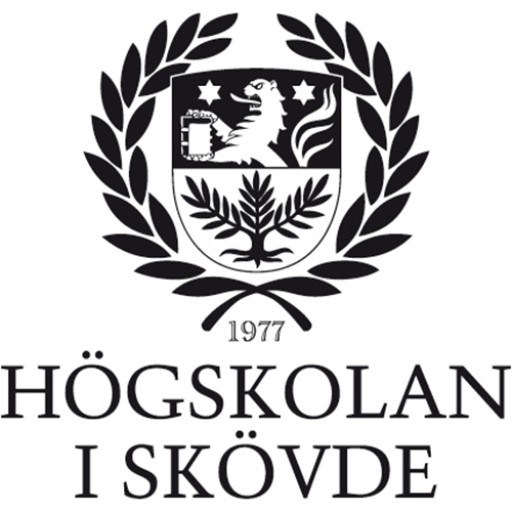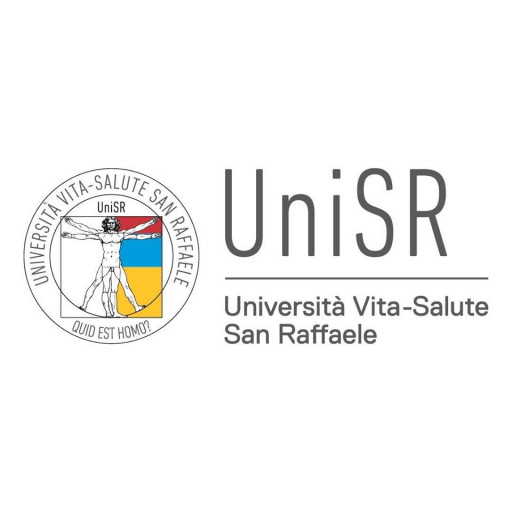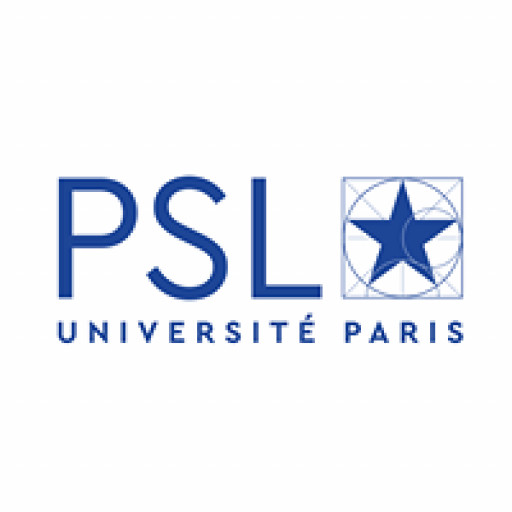Photos of university / #ucl
The MSc in Cognitive Neuroscience at University College London offers a comprehensive and interdisciplinary training program designed to explore the complex relationship between brain function and behavior. This programme is ideal for students interested in understanding the neural mechanisms underlying cognition, perception, and action, and aims to equip graduates with both theoretical knowledge and practical skills essential for research and careers in neuroscience, psychology, and related fields. Throughout the course, students delve into the latest developments in cognitive neuroscience, including neuroimaging techniques such as fMRI, EEG, and MEG, as well as experimental design and data analysis methods. The curriculum combines core modules in neuroanatomy, cognitive psychology, and computational modeling with specialized courses in subjects like memory, language, consciousness, and neuroplasticity, fostering a multidisciplinary understanding of the brain's intricate processes.
Students also have opportunities to engage in active research through laboratory-based projects, gaining hands-on experience with cutting-edge technology and methodologies used in contemporary neuroscience research. The program emphasizes critical thinking, scientific communication, and research dissemination, preparing students for careers in academia, healthcare, and industry. Additionally, students benefit from UCL’s vibrant research community and collaborations with leading researchers and institutions worldwide. Whether aiming to progress to PhD studies, work in clinical settings, or contribute to the development of cognitive enhancements and neurotechnology, graduates of this MSc programme will be well-prepared to meet the challenges of advancing knowledge about the human brain. With a strong foundation in both theoretical concepts and practical techniques, the MSc in Cognitive Neuroscience at UCL offers an unrivaled platform for those passionate about understanding and exploring the mind and brain.
Students learn about the relationship between the mind and the brain in patients and healthy individuals, alongside the ideas, methodology, and current state of knowledge in cognitive neuroscience. In addition to specialised, research-oriented training, the programme develops key transferable skills. These include project management, logical thinking, oral and written communication, and independent learning. The MRes has a greater emphasis on the research project than the Cognitive Neuroscience MSc.
Students undertake modules to the value of 180 credits.
The programme consists of two key skills modules (30 credits), two optional modules (one from Group One and one from Group Two to a total value of 30 credits) and a substantial research project (120 credits).
Core modules
- Key Skills Module: Generic Research Skills – Statistics
- Key Skills Module: Communication Skills in Cognitive Neuroscience
Optional modules
Students choose one optional module from group one* and one module from group two**
- Structure and Function of the Brain*
- Methods in Cognitive Neuroscience I: Lesion Approaches*
- Methods in Cognitive Neuroscience II: Neuroimaging – Designing and Analysing fMRI Experiments*
- Current Issues in Cognitive Neuroscience I: Fundamental Processes**
- Current Issues in Cognitive Neuroscience II: Elaborative and Adaptive Processes**
- Current Issues in Cognitive Neuroscience III: Translational Research**
Dissertation/report
All students undertake an empirical research project in the area of cognitive neuroscience, which culminates in a dissertation of 15,000–17,000 words.
Teaching and learning
The programme is delivered through a combination of lectures, tutorials, problem classes, laboratory classes and student presentations. Depending on the chosen optional modules, it includes case demonstrations of neuropsychological patients, hands-on experience with the analysis of neuroimaging data, critical analyses of published scientific papers, and discussion seminars. Assessment is through examinations, essays, practical exercises, reports and the research dissertation.
Normally a minimum of an upper second-class Bachelor's degree from a UK university or an overseas qualification of an equivalent standard.
The MSc Cognitive Neuroscience program at University College London offers a variety of financing options to support students throughout their studies. Tuition fees vary depending on the student's residence status; for UK students, fees are generally around £12,000 per year, while international students can expect to pay approximately £24,000 per year. Students are advised to explore additional funding sources such as scholarships, grants, and studentships offered by UCL and external organizations. UCL provides a range of scholarships, including the UCL Graduate Support Scheme, which provides financial assistance based on merit and need. International students may be eligible for specific scholarships dedicated to their region or country.
In addition to scholarships, students can apply for government loan programs if they are from the UK or the European Union, which offer favorable repayment terms for postgraduate studies. UCL also offers bursaries and financial aid schemes designed to help students cover living expenses, including travel, accommodation, and materials costs. It is recommended that students begin their financial planning early and regularly check the university's official website for updates on available funding opportunities, application deadlines, and eligibility criteria.
Students are also encouraged to seek external sources of funding, such as research grants, sponsorships from private foundations, and international scholarship programs. Many students finance their studies through a combination of personal savings, part-time work, and family support. UCL's Careers Service provides guidance on how to find part-time employment opportunities within London that are compatible with their academic schedules. Furthermore, international students should consider exchange programs and collaborative research initiatives, which sometimes include funding options or stipends. Overall, prospective students are advised to thoroughly research and apply for multiple funding sources early in their application process to ensure comprehensive financial support during their MSc Cognitive Neuroscience studies at UCL.
The MSc in Cognitive Neuroscience at University College London is a comprehensive postgraduate program designed to provide students with an in-depth understanding of the biological basis of cognition and brain function. This program offers a multidisciplinary approach, integrating principles from psychology, neuroscience, and research methodology, to explore how brain processes underpin behavior, perception, memory, language, and consciousness. The curriculum covers key topics such as neuroanatomy, neuroimaging, electrophysiology, brain plasticity, and computational modeling, equipping students with both theoretical knowledge and practical skills.
Students have the opportunity to engage in cutting-edge research through laboratory work, projects, and collaborations with leading neuroscientists. The program emphasizes the use of advanced techniques such as fMRI, EEG, and TMS, preparing graduates for research careers in academia, industry, or clinical settings. Additionally, the program offers a range of optional modules allowing students to tailor their learning towards specific interests within cognitive neuroscience, such as language processing, executive functions, or neurodegenerative diseases.
The faculty involved are internationally renowned experts, ensuring high-quality supervision and mentorship. The program also seeks to develop critical thinking, research competence, and the ability to communicate scientific findings effectively. Graduates from the MSc in Cognitive Neuroscience often proceed to PhD studies, work in clinical research, or enter industries related to neurotechnology and mental health. The university’s central London location provides access to diverse research facilities and professional networks, enriching the student experience. Admission requirements typically include a relevant undergraduate degree, research interests aligned with the program, and proficiency in English. Overall, this master's program aims to produce highly skilled, research-ready professionals capable of advancing our understanding of the human brain and its functions.










